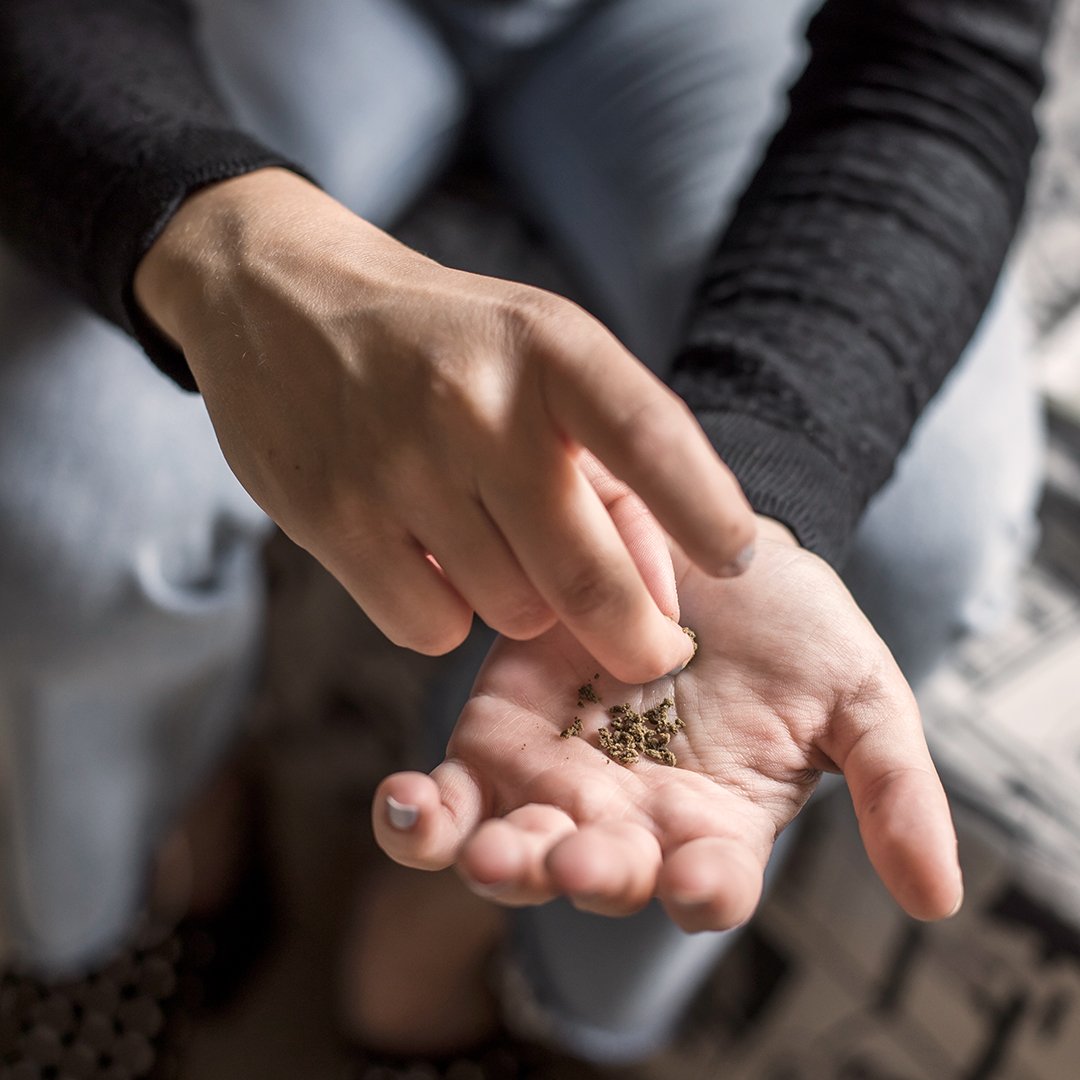A new way forward for plant medicine
Little Farma founders, Dome Duong and Paul DiGiulio say people often ask about the company’s name.
With their roots in BC, where arguably some of the world’s best growers have risen from the underground market, Little Farma was born of a love for the plant and a desire to highlight its potential as modern medicine. In other words, something for the people that’s not necessarily predicated on profit for the few (although, many have made a fortune).
“For many years, BC has been known for its "BC bud" and shipped illegally outside the province across Canada and the United States,” says Duong. “BC has a reputation for the best quality weed in the world.”
The five team members that comprise Little Farma each have unique skillsets ranging from cannabis growing under the Marihuana Medical Access Regulations (MMAR), cannabis extraction, cannabis research and development, breeding cannabis genetics, science and business degrees, and entrepreneurial and business experiences.
Duong says when the company was created in 2016 with a focus on research and development, there were few companies that could develop quality extracted cannabis products. The marketing appeal was also lacking.
“We told ourselves, ‘why don't we start a cannabis brand with a focus on high quality extracted oils and concentrates?’”
Initially, anecdotal evidence was what the cannabis industry had to rely on. We now know through studies that different strains can instigate different moods and experiences such as feeling creative, happy, alert, or calm.
“There are science processes and formulations that will stand the test of time,” says Duong on the process of experimenting with different formulations to see what can be achieved. Each strain carries unique compounds that work together, often referred to as the entourage effect, which is presumed to be responsible for those moods and experiences. “It all comes from genetics,” he emphasizes. “You really need good flower genetics to begin with.”
Little Farma believes in mixing science and innovation to bring out the best that cannabis has to offer. “We stand for quality over quantity, paying tribute to connoisseurs, the renegades, innovators, creators, and above all, the people who know and love the plant as much as we do,” says Duong.
One of the not-so-secret aspects of cannabis legalization is the sweeping public distrust of “Big Pharma,” and subsequently, the government, due to cannabis being classified as a Schedule 1 substance (for reference, this is the same classification as heroin in terms of addictive potential). Since legalization, the United States—the largest contributor to worldwide cannabis prohibition—has helped give the plant an opportunity for redemption.
The change was spurred by the legalization of recreational cannabis in Canada in 2017, which ended nearly 100 years of prohibition.
“We're living in strange times right now,” says Duong. “Not long ago, cannabis was associated with such a bad stigma and reputation. If you smoked pot, you were probably labeled as ‘sluggish, lazy, stupid, and unconcerned’”
Now, in an era of legalization, cannabis is considered an essential service.
“That's powerful,” he adds. “We've come a long way and have broken down barriers. We believe that everyone should be themselves when it comes to cannabis.”


